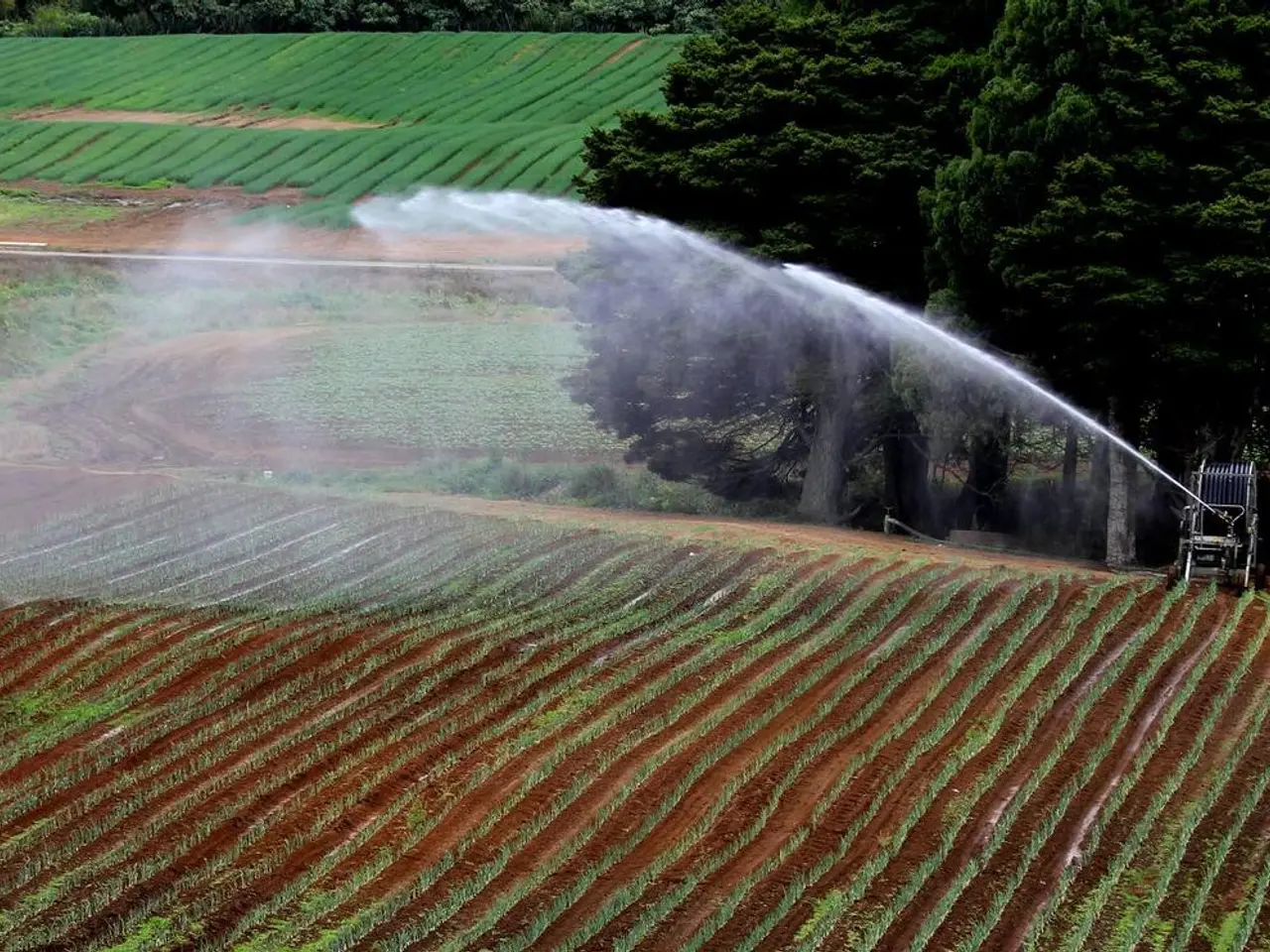Exploring the Financial Implications and Advantages of Adopting Biogas Technology
In recent years, biogas has emerged as a promising renewable energy source, offering numerous benefits for both the environment and human health.
Biogas, a mixture of methane, carbon dioxide, and other trace gases, is a clean and sustainable fuel that can be harnessed from organic waste materials. However, even after purification and condensation, biogas may still contain impurities that can wear away metal components of engines, leading to high maintenance expenses when used as biofuel in vehicles.
Despite this challenge, biogas is still considered a renewable and clean source of energy. Its production process is natural and does not require additional power, making it an attractive alternative to traditional energy sources.
One of the significant advantages of biogas is its ability to improve water quality. By killing parasites and pathogens, biogas production can help purify water, making it safer for consumption.
Moreover, the fertilizer discharge from biogas digesters can boost plant growth and immunity to diseases, serving as a substitute for harmful chemical fertilizers commonly used in agriculture. This shift towards organic farming can protect the environment from the negative effects of traditional commercial fertilizers.
Large-scale biogas production for a big population is not yet feasible due to existing inefficiencies. However, advancements in technology are being made to simplify the process and reduce costs. For instance, biogas production systems are currently lacking new equipment to make the process more efficient.
The good news is that countries like Germany and Italy are investing heavily in biogas and related renewable sectors. Germany, in particular, has reached about 10 gigawatts in biogas production in 2024, mainly on farms, while Italy is expected to start a biogas project in Basilicata by late 2025, producing around 45 GWh annually.
These investments, such as Axpo’s biomethane project in Italy, indicate a growing interest in biogas and renewable energy across the globe. Significant renewable energy deals in Poland and Finland also highlight this trend.
Biogas plants can only function in areas with abundant waste materials, making them less efficient in dense, urban areas. However, they can lead to better waste collection and management, promoting a cleaner and healthier environment.
Moreover, biogas production can potentially create job opportunities for people in need. In agricultural and provincial areas, where waste materials are more available, biogas production can be a significant source of income.
Despite the challenges, biogas production offers a promising solution for a sustainable future. It is a non-polluting and renewable energy source that can protect the planet from harmful emissions. By investing in biogas and related technologies, we can move towards a cleaner, greener, and more sustainable world.
However, it's important to note that in places with cold temperatures, additional heat energy may be required for consistent biogas production. This is a factor to consider when planning and implementing biogas projects in such regions.
In conclusion, biogas is a versatile and sustainable energy source with numerous benefits for the environment, human health, and the economy. With continued investment and technological advancements, biogas has the potential to play a significant role in our energy future.
Read also:
- chaos unveiled on Clowning Street: week 63's antics from 'Two-Tier Keir' and his chaotic Labour Circus
- Racing ahead in Renewable Energy Dominance: Changzhou, Jiangsu Pushes for Worldwide Renewable Energy Ascendancy
- The potential consequences of the European Union's Clean Hydrogen strategy in relation to exacerbating our global climate emergency.
- Unchecked carbon emissions could potentially lead the world to revert to coal usage, according to a knowledgeable source.








